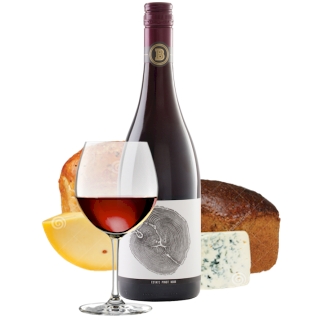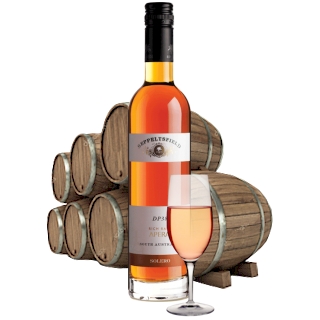An ongoing resurrection of some fabulous old vines, a distinguished Blewitt Springs site and a range of the most spectacular McLaren Vale wines. When Kelly and Bondar acquired Rayner Vineyard in 2013, they knew that everything depended on the management of site and soil to achieve the excellence of wine they had in mind. The most fastidious husbanding regimens and a tightly scheduled evolution towards organic viticulture, the propitious Rayner vines have never yielded finer harvests, all translating into a tour de force across the entire Bondar range. Salient quality and penurious pricing make for a compelling mix. Old vines grown to salubrious soils, the..
Model mclaren macerations»
Great wines from the Great Southern, the nether southwest rump of the continent, which yields the most astonishing quality vintages, both red and white. Castelli are a family of renewable power engineers, who are at their happiest picking grapes off vines. Boutique and very hands on, their efforts have been rewarded by prestigious international accolades, including Royal Perth Trophy for Best Chardonnay, San Francisco and International Wine Challenge Gold for Cabernet Sauvignon, Sydney Blue Gold for Shiraz. Defined by weighty palates, edifying complexity and statuesque grace, the entire range of Castelli represent an inspiring opportunity for immersion into..
Wonderfully winsome whiffs from the west»
At latitude 45 degrees south, Central Otago is the southernmost wine region in the world. Snow topped mountains, rocky ranges and dry tussock hills, a place of climatic extremes, bitterly cold winters, parched soils and discouragingly poor fertility. Designed by the angels in heaven for sublime and stupendous vintages of Pinot Noir. At the very epicentre of the most desirable confluence in Central Otago microclimes is Nanny Goat Vineyard. Conspicuous for her serious weight of fruit, splendid structure and chewy, textural palate, Nanny Goat make a magnificently endowed style, offering the understated power and presence to accompany gourmet game sausages, meaty..
That's perfect for porterhouse»
Giovanni Tait mastered the family tradition of coopering wine barrels before migrating to Australia in 1957. He took up work in the Barossa and ultimately settled in for a lengthy engagement at B Seppelts and Sons, where he played a significant role in the vinification and maturation of some of the most memorable vintages in Australian viticulture. Tait's boys grew up to be winemakers, their attention to detail and close relationship with the Barossa's finest growers have earned the highest accolades from the international wine industry press. Generously proportioned yet exquisitely balanced, famously praised, perennially by savant Robert Parker as the most..
Bespoke parcels of old vineyard fruit»


























